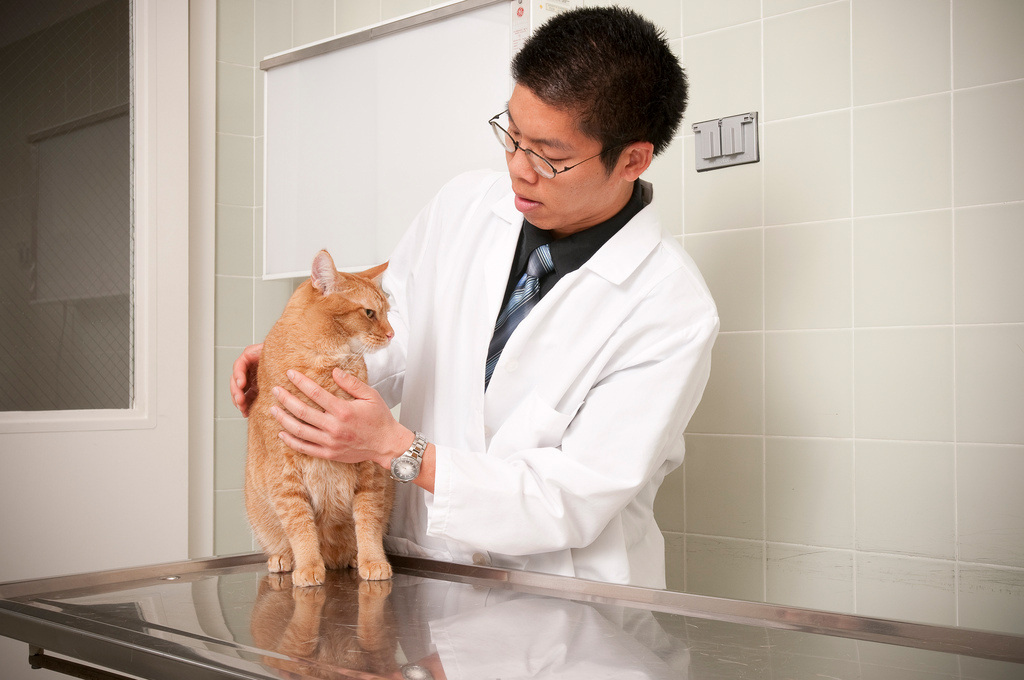 Cats
Cats
The CCAH supports research to improve the health of cats in a range of areas, including genetics, nutrition, cardiology, oncology and much more. Completed studies have led to new treatments and therapy options, new understanding of disease and genetic defects, and new knowledge for improved feline health. Recent studies include:
- Conducting a genetic study of feline meningioma, which is the most common brain tumor in cats and affects the system of membranes that surrounds the central nervous system. All cat breeds are at risk, and the tumor is usually seen in older animals.
- Studying the use of probiotics in obese cats to determine if they result in the animal changing its eating behavior. Some human literature suggests that probiotics produce changes in the gastrointestinal tract that affect appetite and food intake, and possibly alter hormones associated with obesity.
- Assessing the biomarkers in feline hypertrophic cardiomyopathy, which is the most common cardiac disease in cats. Affected cats are at risk of sudden cardiac death due to defects that produce increased left ventricular heart muscle thickness. In Ragdoll cats, the condition is inherited due to a breed-specific mutation.
- Conducting a comparative investigation of cone-beam computed tomography (CBCT) and dental radiographs in cats to determine the superior method for identifying both anatomical structures and dental disease. This imaging technique provides a virtual three-dimensional computerized reconstruction of the object.
- Exploring the effects of stress in cats with urolithiasis, a condition in which stony concretions form in the bladder or urinary tract. Some cats with urolithiasis won’t exhibit any symptoms, while others may experience difficulty urinating, frequent urination, bloody urine, increased thirst or an enlarged belly.

